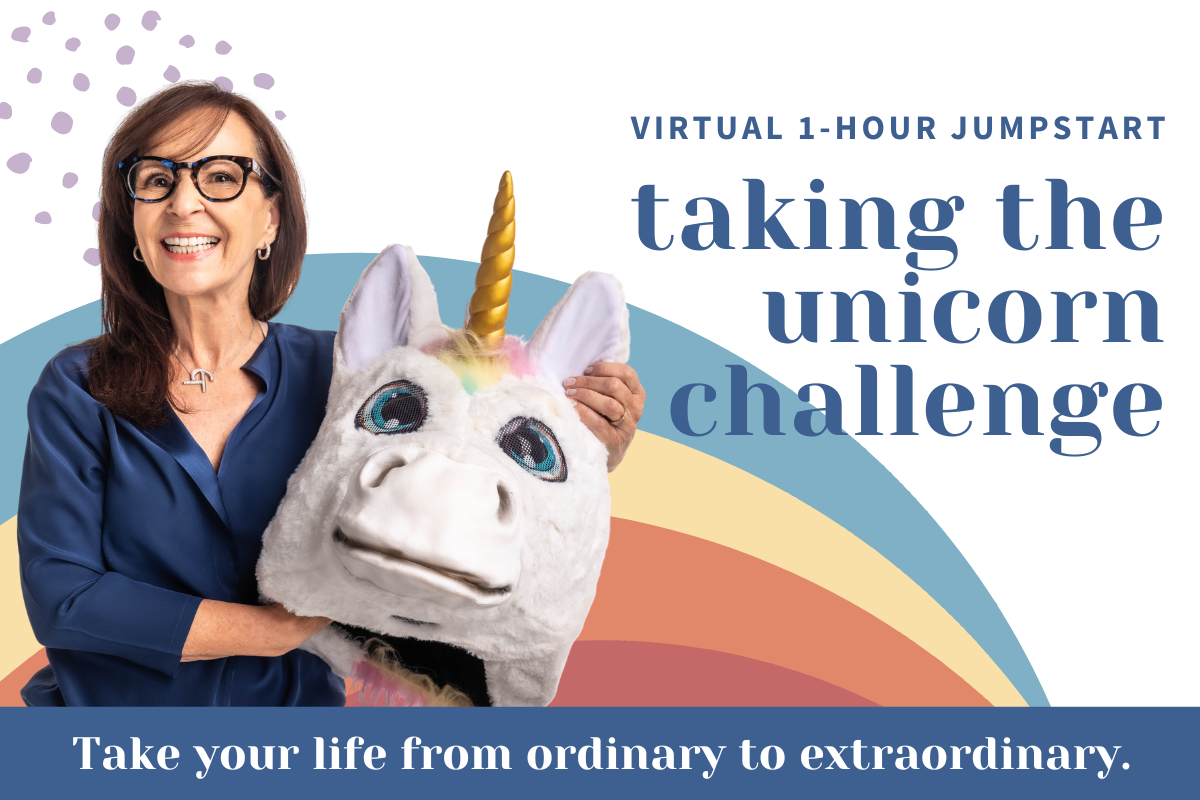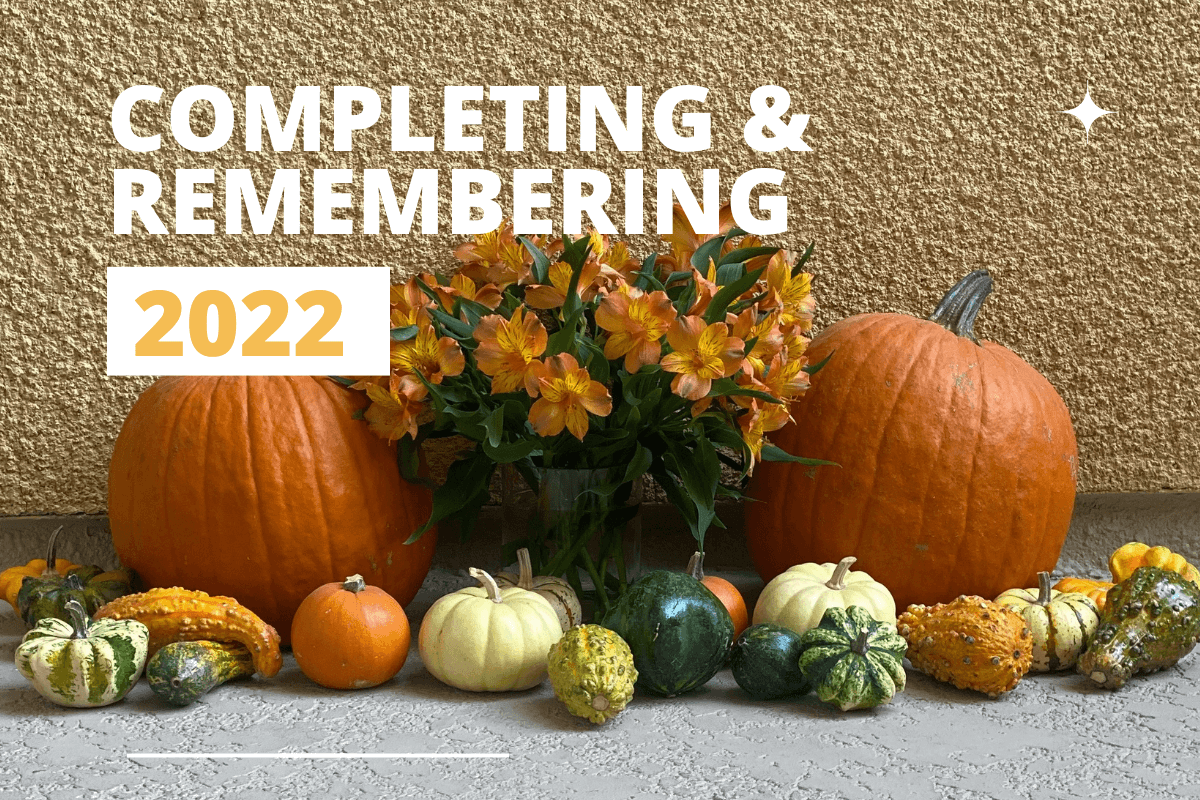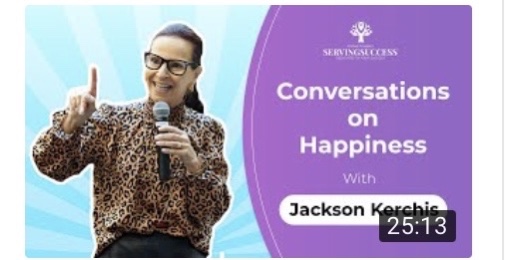
One of the first questions we’re asked as children is, “What do you want to be when you grow up?” In the United States this question literally begins our life-long process of goal setting, especially in our careers. We are encouraged in our culture to set goals, goals and more goals. We are taught how to set them, what they should be, and that when we hit them, we are a success. By the time we choose a college, many of us are on the hard and fast road of judging ourselves to be failures simply by missing the bull’s-eye. We lay out our life paths by eighteen and then judge ourselves forever by that innocent childhood question, “What do you want to be?”
But what happens to us when we realize we answered the question the way we thought we were expected to, instead of what brought us joy at that moment? What happens when our goals are for things and titles instead of for life satisfaction and happiness? Perhaps the path should be its own success. The lessons we learn at thirty, forty and even fifty should reorient our decisions. Those lessons should change our course. This comes at a high price, however, in a society that says the goal IS the reward.
Often, we don’t even enjoy the journey because we’re busy looking for the brass ring.
· I’ll be happy once I finish grad school.
· I’ll be happy after I’m married.
· Having children will make me happy.
· Once I get out of this job, then I’ll be happy.
What if we decided that happiness was really the goal? No matter what our culture tells us, we can be empowered to set goals for now, instead of forever. While it might seem unconventional, or even risky, the power to choose deeply personal objectives while walking our life path is a ticket to freedom. Setting goals like inner peace, free time, day-to-day joy – these are personally determined, and thus, attainable and even adjustable.
No matter what age you are or what your circumstances, stop right now and ask yourself: What do I want? (Remember, money is a cheater’s answer – what would you want from the money?) Quite simply, what would make you happy? Don’t edit yourself – there’s no right or wrong.
Your answers might surprise you. If you loved going to college, but hated the career you ended up in, the answer might not be a new job – but to go back to college! You got the six-figure, C-level career, but deeply wish for more time with your family. Guess what? You get to pick again. You realize a week before the wedding that you fell in love with the wrong person. Trust that. Be courageous. This is your life. It is not the dress rehearsal. You are not the star in someone else’s dream — not your parent, not your spouse, nobody.
The goals we set are powerful, but should be guideposts. They are organizing principles and benchmarks to focus our energy. They should not be strangleholds, held so tightly that we kill ourselves going after the wrong thing. The process of being human means asking and re-asking the important questions. It means redirecting. It means changing our minds. These shifts in course are the right use of willpower.
Sometimes the most empowering act in our lives is simply being able to embrace that a goal we set previously – and even attained – is no longer the right goal to continue our life’s path of happiness.
To your success! Dr. Success, Andrea Goeglein, Ph.D.
Expert in Positive Psychology and Executive Mentor
www.ServingSuccess.com



